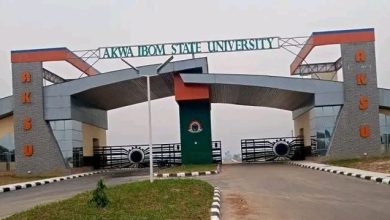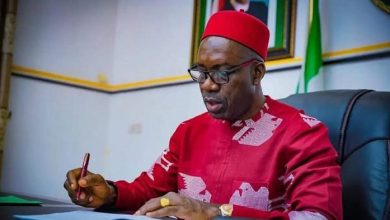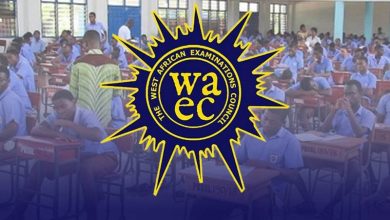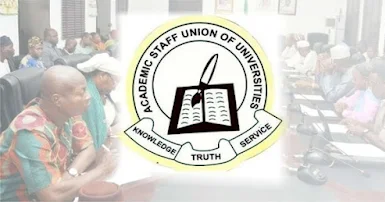Federal Government Directs Schools to Use English as Main Language of Instruction
Nigeria has introduced a new policy making English the main language of instruction nationwide.
Education officials say the change will improve learning outcomes and support students in global competition.
Minister of Education Dr. Tunji Alausa announced a major directive on Wednesday during the Language in Education International Conference 2025 organized by the British Council in Abuja. The event brought together education leaders and experts from Africa, South Asia, and the United Kingdom to discuss how language can help improve teaching and learning in schools.
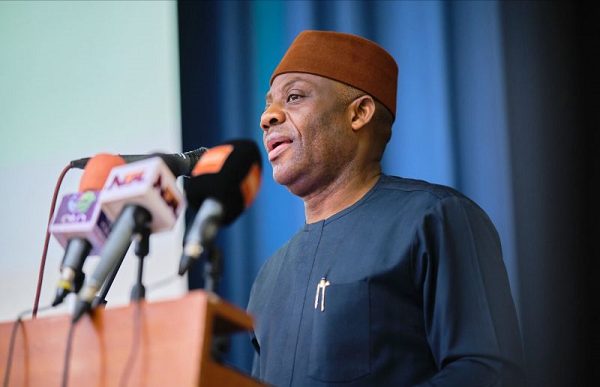
The two day conference, themed “Language, Education and Inclusion: Empowering Every Learner,” focused on how language policy affects equality, access to education, and student performance. Participants examined how classroom instruction can be made more inclusive for children from different backgrounds across the region.
While speaking at the conference, Dr. Alausa explained that the federal government has decided that English will now be the main language of instruction in schools at every level. He said Nigeria values its many local languages and understands their role in cultural identity, but noted that English remains the most effective tool for learning in a competitive global environment.
“The English language should be used to teach our students at all levels as a means of instruction,” he said. “Over the years, the use of mother tongues in schools has contributed to poor performance in national examinations. The national policy on language has therefore been cancelled.”
Dr. Alausa described English as a “unifying tool” for Nigeria’s diverse population. He pointed out that research consistently shows that students who receive most of their lessons in English perform better in major examinations such as WAEC, NECO, and JAMB. He said the decision is based on data and practical results rather than emotional attachment to language identity.
He added that the policy shift aims to strengthen national education standards, improve exam outcomes, and prepare Nigerian students to compete globally in science, technology, business, and other fields.
The British Council used the conference to reaffirm its support for inclusive and high quality education across Sub Saharan Africa. Julian Parry, Director of English Programs for the region, said language can be “a bridge to inclusion, identity, and opportunity.”
Chikodi Onyemerela, the British Council’s Director of Programs in Nigeria, highlighted the organization’s Pan Ethnic Classrooms Program which began in 2015. He said the program helps teachers use inclusive and language responsive methods to support learners from different backgrounds.
